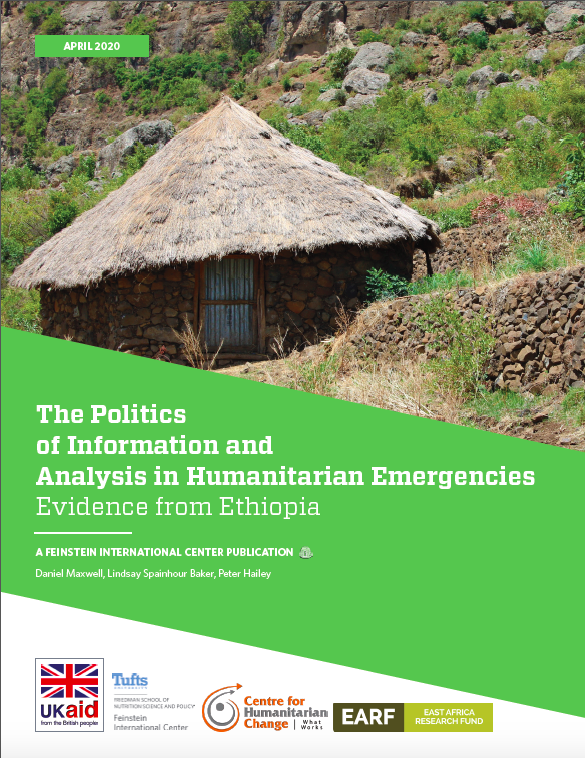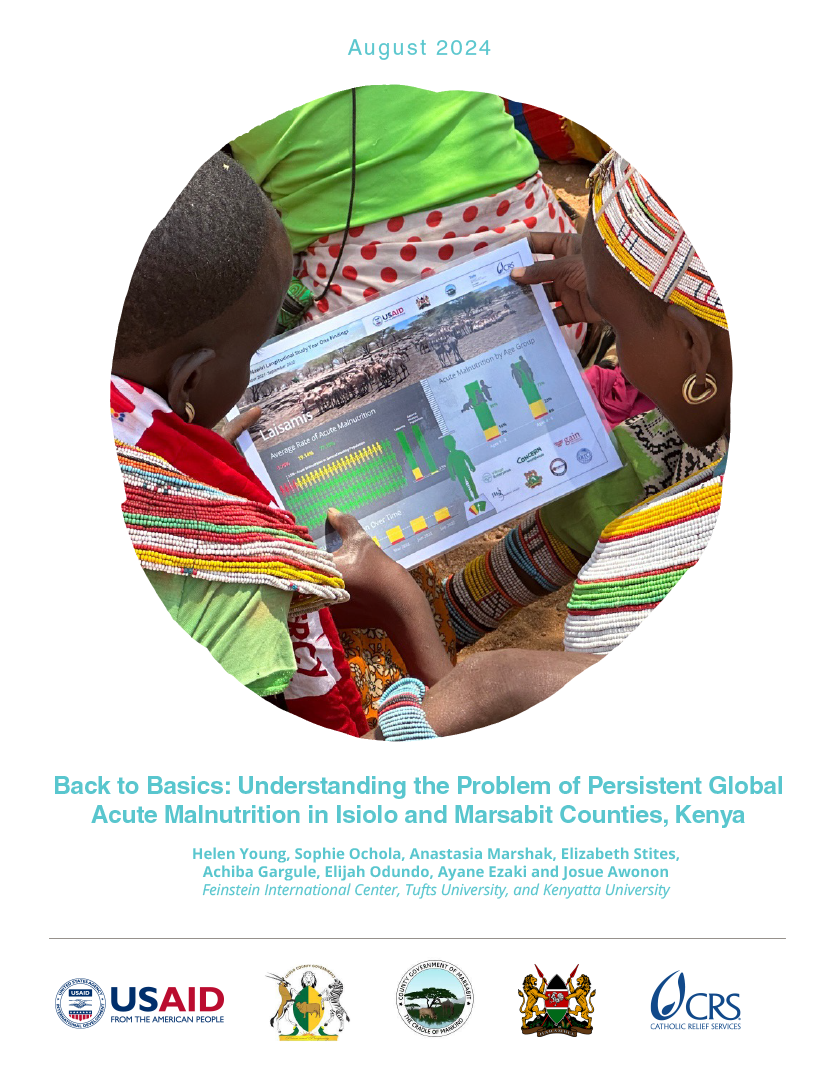In 1984–85, Ethiopia was famously the scene of a major famine that formed a generation’s view of what famine looks like. The analysis and media depiction of that famine were highly politicized. This study examines the politics of information and its influences on humanitarian information systems in Ethiopia today.
In the 1980s, Ethiopia developed a national food security information system that provides data to construct the annual humanitarian response. Since 2006 this information system has been linked to the Productive Safety Net Program and has activated life-saving responses in several emergencies.
Nevertheless, information about famine, food insecurity, and malnutrition remain highly sensitive. This study found that various levels of government and international agencies still attempt to influence information in these food security systems—through suppressing certain kinds of information or changing figures for populations in need. This report discusses these and other challenges and provides recommendations for managing the political influences and improving the technical quality of the data and analysis. Researchers from the Feinstein International Center and the Centre for Humanitarian Change in Nairobi jointly wrote this report.







